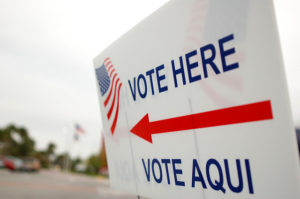 The 2018 election will be one of the most consequential in memory at the national, state, and local levels. As the #REDforED movement has taken hold, we have seen an amazing increase in voter engagement. This page is meant to be a resource for those who seek to become informed, engaged voters.
The 2018 election will be one of the most consequential in memory at the national, state, and local levels. As the #REDforED movement has taken hold, we have seen an amazing increase in voter engagement. This page is meant to be a resource for those who seek to become informed, engaged voters.
What’s at Stake
At the national level, voters will select the entire U.S. House of Representatives and one-third of the U.S. Senate (including Jeff Flake’s seat in Arizona).
At the state level, voters will select a Governor, Attorney General, Secretary of State, and Superintendent of Public Instruction. Voters will also fill two seats on the Arizona Corporation Commission. Additionally, voters will select the entire Arizona House of Representatives and Senate, giving us a chance to finally have a Governor and Legislature who are committed to properly funding public education. We will also have an opportunity to defeat private school voucher expansion by voting down Proposition 305.
At the local level, voters within CUSD boundaries will select two Governing Board members, and voters within Chandler city limits will select a Mayor and three City Council members.
Becoming an Educated Voter
NEA/AEA/CEA dues cannot be used for political purposes, but the AEA members who wish to make political contributions can donate to the AEA Fund for Public Education, which is AEA’s political action committee (PAC). The AEA Fund makes candidate recommendations based on input from the Fund Council, which consists of elected members of the AEA Board of Directors or those elected directly to the Fund Council (these elections occur at the AEA Delegate Assembly).
Likewise, the NEA Fund also recommends candidates in national elections, including members of U.S. Congress who represent Arizona (and other states), and the CEA PAC can make recommendations in local elections (e.g., CUSD Governing Board) as necessary.
Finally, candidates were asked to sign the Invest in Ed Pledge to indicate their support for increased public education funding.
With all of this in mind, here are recommendations for candidates and propositions:

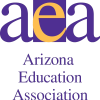


Federal Candidates
U.S. Senate
Kyrsten Sinema
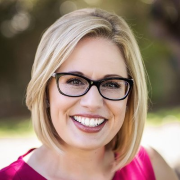

U.S. House of Representatives (District 9)
Greg Stanton


Statewide Candidates
Governor
David Garcia
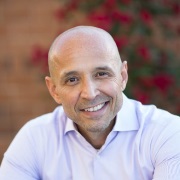


Superintendent of Public Instruction
Kathy Hoffman
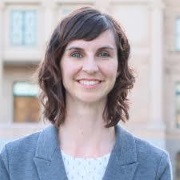


Attorney General
January Contreras
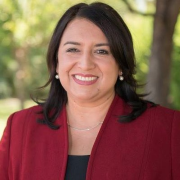

Treasurer
Mark Manoil


Legislative District 12
Elizabeth Brown (Senate)
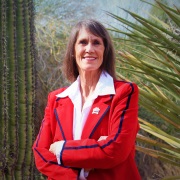

Joe Bisaccia (House of Representatives)



Lynsey Robinson (House of Representatives)


Legislative District 17
Steve Weichert (Senate)
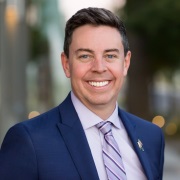


Jennifer Pawlik (House of Representatives)
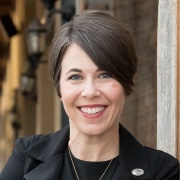


Legislative District 18
Sean Bowie (Senate)



Mitzi Epstein (House of Representatives)
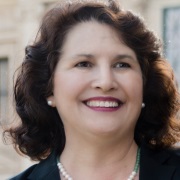


Jennifer Jermaine (House of Representatives)



Local Candidates
CUSD Governing Board
Lara Bruner
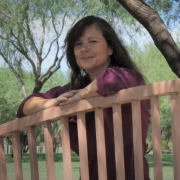

Robert Rice


Ballot Propositions
Proposition 126 – NO
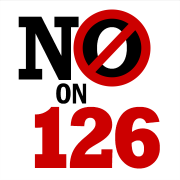

Proposition 127 – YES
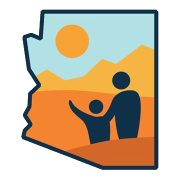

Proposition 305 – NO
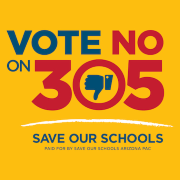

Please note that the above list is not a complete list of candidates that all of our members may get to vote for. For recommendations in different races, please visit the the AEA Fund website, the NEA Fund website, and the list of #INVESTinED pledge signers. If you live within the boundaries of school districts which are having school board elections, you can see recommendations from local associations.
AEA has also released their 2018 Legislative Report Card, which is a great way to see how our current legislators voted on key educational issues in the last legislative session.
AZ Schools Now (a coalition of pro-public education groups, including AEA) has several resources available on their website, as well.
CEA (in conjunction with Valley Interfaith Project) has also conducted candidate forums for specific 2018 races. The purpose of these forums is not to recommend specific candidates, but to invite all candidates to meet with voters and answer questions about issues facing our community. Videos of these forums can be found below:
- Superintendent of Public Instruction
- Legislative District 12 – House and Senate
- Arizona Corporation Commission
CEA also sent questionnaires to all candidates for CUSD Governing Board, and have posted their responses (along with video of the Candidate Forum sponsored by the Chandler Chamber of Commerce) on our CUSD Governing Board Election page.
The Arizona Citizens Clean Elections Commission website has lots of helpful information about the upcoming election, voting procedures, and candidates. The Secretary of State’s office also provides information about primary candidates and general election candidates on its website, as well as provides a voter pamphlet that will be sent to all registered voters.
Watch out for sites that appear to be neutral voter information sites like azvoterguide.com … this site is actually published by the extremely conservative Center for Arizona Policy.
Voting by Mail (Early Ballot)
If you are on the Permanent Early Voting List (PEVL), you will automatically receive your ballot in the mail. You can simply mark and seal your ballot, then mail it in time to be received by Election Day or drop it off at a polling place on Election Day. Voters can sign up the PEVL by updating their voter registration information online. Voters who are not on the PEVL but would like to request an early ballot can do so via their county recorder’s office (Maricopa County residents can request an early ballot here, while residents of other counties can locate their county recorder’s office here).
Voters who want to verify that their mailed ballot was received can check the status of their mailed ballot online.
Important Early Ballot Deadlines
August 17 – last day to request an early ballot for the primary election
August 22 – last day to mail completed primary election ballot
October 26 – last day to request an early ballot for the general election
October 31 – last day to mail completed general election ballot
Voting in Person
If you miss the deadline to request an early ballot or if you prefer to cast your ballot in person, be sure to locate your polling place and ensure you have proper identification before you head out to vote. If voters requested an early ballot but did not mail it in, they can also drop off their early ballot at any polling place in their county (use the polling place locator to find one near you).
Polling places will open at 6:00 am on Election Day and close at 7:00 pm. Voters who are in line by 7:00 pm will be allowed to cast their vote.
It is a good idea to verify your voter registration status before heading to the polls. If you get to your polling place and are told you are not registered to vote or don’t have proper identification, request a provisional ballot and cast your vote. You can return to your polling place by 7:00 pm on Election Day to provide proper ID, or you can provide proper ID up to 5 days after Election Day at your county recorder’s office.
Important Election Dates
August 28 – primary election
November 6 – general election
Other Questions
I am registered to vote with no party affiliation. Can I participate in the primary election?
Yes. Registered independents can still participate in the primary! These voters will need to request which party’s primary ballot they wish to cast (they can only choose one).
Those who are on the PEVL should receive a postcard that they can use to indicate their ballot selection. Likewise, independent voters who request an early ballot for the primary online can make their selection at that time. Finally, independent voters who wish to vote in the primary election in person can indicate their ballot preference when they cast their vote.
